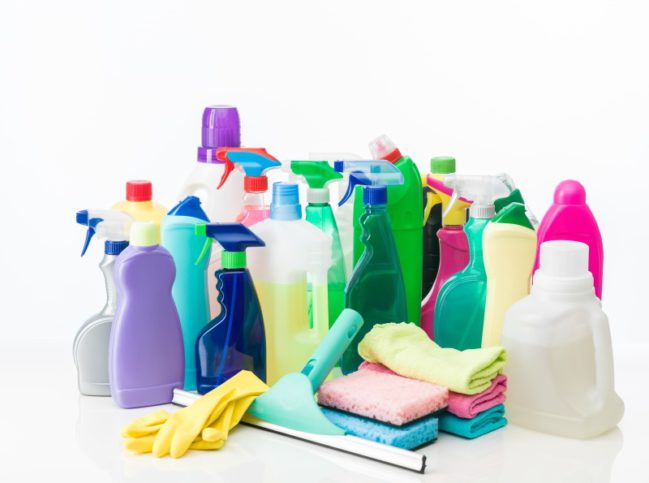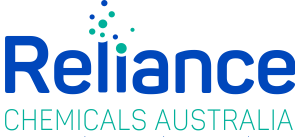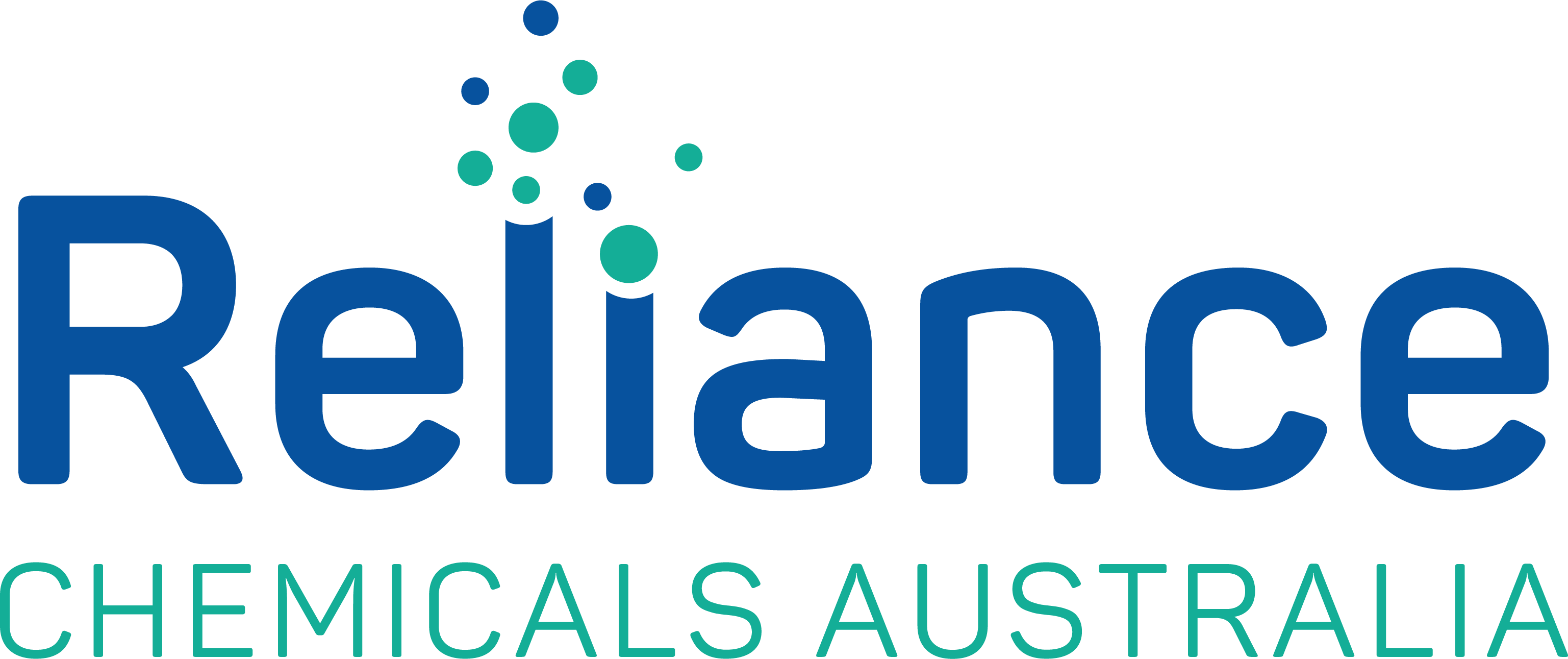
- by
- Hospitality
How to Choose the Best Cleaning Agents in Australia
There are many chemicals that can be used to clean houses. Cleaning agents can sometimes be confusing. You want something that will get the job done effectively, but you also don’t want chemicals that are bad for your health, or chemicals that produce dangerous fumes when they react with one another.
The easiest way to avoid all this is by using chemicals specially designed for cleaning purposes. These chemicals contain surfactants that allow water molecules to mix with oil and dirt particles suspended in the air or on surfaces, then lift them away into the air. Some chemicals are more toxic than others. Generally speaking, chemicals can be broken into two different types: acids and alkalis.
Everything about Chemicals And Their Use As Cleaning Agents
So what is an acid? Acid refers to a chemical with a pH of less than 7. Acids include chemicals like nitric acid, acetic acid (vinegar), sulfuric acid, hydrochloric acid, etc.
Hydrochloric Acid is particularly dangerous because it reacts with the calcium in your bones causing severe tissue damage. Skin contact can also cause skin burns and severe pain
An alkali is just the opposite of an acidic chemical.
Alkalis have a pH greater than 7 and chemicals such as bleach fall into this category as well as chemicals like sodium hydroxide. Alkalis are very dangerous chemicals and can be absorbed through the skin causing severe burns, ingestion of chemicals can cause fatal respiratory problems
After acids and alkalis, you have chemicals that are neither acidic nor alkaline. These chemicals are called neutral chemicals. Chemicals in this category include water, salt, detergents, etc. Detergents are good because they dissolve easily into the water making them relatively safe to use around people if they aren’t ingested.
Natural Cleaners
You should opt for natural cleaners like sodium bicarbonate (baking soda), citric acid (found in fruit), and white vinegar where possible; these work just as well as harmful chemicals without causing any damage to your lungs or harming the environment.
The chemicals you do use should be approved for use in food preparation areas and surfaces that come into contact with food, and must not leave any harmful residue behind.
What chemicals do I need to clean my oven?
Your oven may look neat and clean on the outside, but you might find it’s actually a breeding ground for germs when you move the tray out.
- To make sure all surfaces inside are properly cleaned, there are chemicals like ammonium bi-fluoride (also known as ammonium hydrogen fluoride) which can be mixed with water to produce hydrofluoric acid; this is highly effective at removing dirt and grease from tiles and grouting, plus it doesn’t leave any harmful chemicals behind after use.
- Make sure you carefully follow the instructions for this chemical – it’s very caustic and must only be used in small amounts with lots of water to dilute its effects! If you do not, you risk damaging your oven surfaces or causing damage to yourself or those around you.
- If chemicals like ammonium bi-fluoride are too strong for your oven, try using sodium percarbonate, which breaks down into hydrogen peroxide and soda ash when mixed with water; this further breaks down into hydrogen peroxide and oxygen as well as leaving a layer of foam that helps lift stains away from surfaces.
- This is safe enough to on flooring where children play and animals walk but avoid using it near pets because the chemicals in it can be harmful to them.
If chemicals and natural ingredients don’t work so well for your oven, another cheap and easy option is to use an abrasive cleaner like baking soda or coke; these products are highly effective at removing burnt bits from inside the tray without causing any damage. Just make sure you rinse these chemicals off thoroughly before putting the tray back into the oven (and under a grill) to prevent chemicals from burning onto surfaces!
More About Cleaning Agents
Most people know that vinegar is an excellent cleaning agents for surfaces but did you also know it’s a great weed killer? This makes it a cheap alternative to buying Roundup for killing weeds on driveways, garden beds. The only downside is that using vinegar as a weed killer can take days, even weeks to work as vinegar has to travel deep into the ground and kill the roots.
- Dishwashing liquid is another great cleaning agents however it’s best used for removing grease off surfaces because it contains chemicals that dissolve oil and fats.
Important fact: These chemicals will also dissolve paint so if you’re using dishwashing liquid to clean your walls be sure not to use too much and rinse all of it away before leaving the surface wet otherwise the paint might dissolve into thin air!
- Rubbing alcohol or Isopropyl Alcohol is a well-rounded cleaner. It dissolves fat, oils, and grease like soap but does not dissolve water-soluble paints like dishwashing liquid will ( likewise soap does not dissolve oily paints ). Rubbing alcohol is also a disinfectant and can be used to clean cuts.
- Saline solution (the same thing as saltwater) is an excellent cleaning agents for certain types of chemicals such as iodine or chlorine. Salt displaces these chemicals which makes it a good short-term method of preventing exposure to chemicals in the long term, saline solution can also be used as an antidote for chemicals such as cyanide, chlorine, and some pesticides.
Soda or Soda Ash
Washing soda or soda ash is a chemical that has many uses. One of its primary uses is as an alkali to neutralize acids (which makes it good for cleaning chemicals off surfaces).
It’s also known to have disinfectant properties however the chemicals in washing soda are corrosive so don’t use it on delicate surfaces.
Vinegar is another great acid remover but its main purpose is as a weed killer because vinegar contains acetic acid which kills plants by disrupting their ability to take up water causing them to wither and die.
Vinegar can also remove rust from metals so if you have rusty tools, mix 2 parts vinegar with 1 part salt, apply to the rusted area and leave it overnight after scrubbing off in the morning.
Conclusion
When chemicals are not diluted, they can be very dangerous. Nevertheless, chemicals that are mixed with water or another solvent (ex: rubbing alcohol) can become safe if handled correctly. Most chemicals require special care when being used outside of their normal applications because chemicals should only be handled by those who have been trained to handle them safely. Always check a chemical’s Material Safety Data Sheet (MSDS) for safety precautions before using chemicals as household cleaners!

